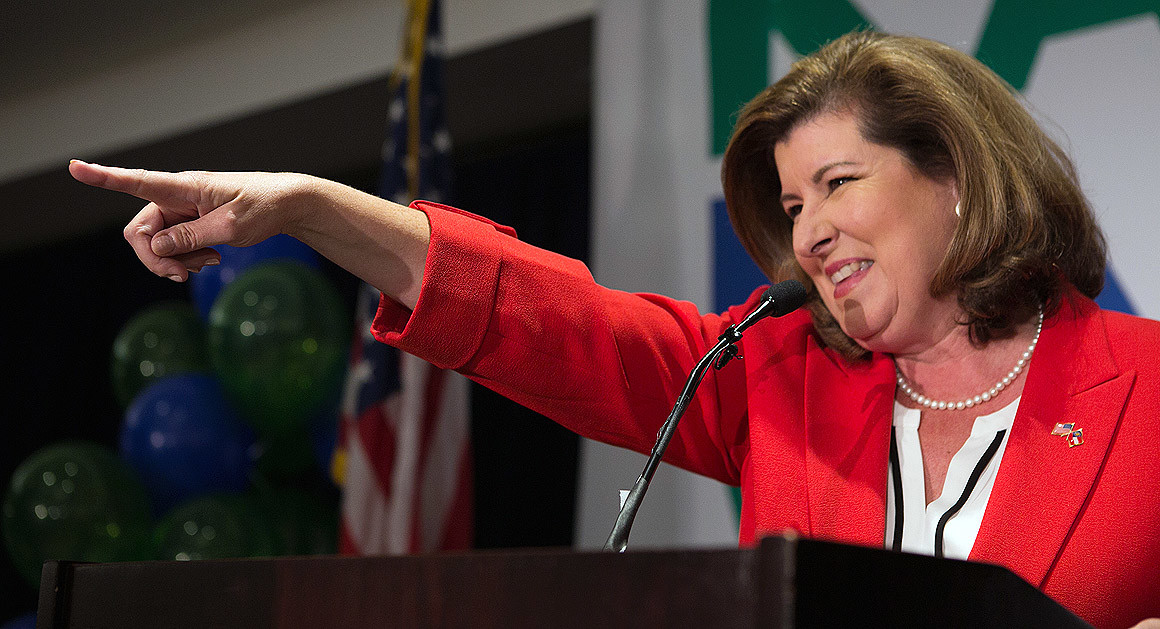JUNE 21, 2017
 Photo: Getty
Photo: Getty
On Tuesday, Democrats’ hopes to turn a red district blue were dashed when Republican Karen Handel won reelection to the House over 30 year-old Democrat Jon Ossoff. It was the most expensive House race in American history, costing $56.7 million, much of which was raised on behalf of Ossoff’s candidacy.
A second special House election was also held on Tuesday in a red district in South Carolina where the Democrat lost by only 3 points. (In hindsight, perhaps some of the money that went to Georgia could have been better spent winning that seat in South Carolina.)
But all eyes in the political world were focused instead on the Georgia race. Unlike some other quixotic Democratic efforts, this one appeared winnable. Trump won Georgia’s 6th District by only one point, and, with a hugely educated voter base, the chance to flip it to blue just seemed irresistible.
The 6th is home to Newt Gingrich and current Secretary of Health and Human Services Tom Price, whose seat Handel has now been elected to serve. Just a few months ago, Price was easily reelected by 23 points. Handel’s win was much closer — 52%-48% — and follows a string of other Democratic losses in special elections in red states Kansas and Montana, in which the Dems competed in districts where previous GOP candidates won their seats by 20+ points.
The fact that the Democratic candidates in these elections cut their losses to single digits has given comfort to some activists who point to progress in making inroads in red states that will pay off in the coming years, and that may be true. But, selfish as it sounds, I want a win now.
During the campaign, Handel had proven to be just okay on the stump. She mouthed the usual conservative platitudes, such as believing that gay relationships “are not what God intended” and had a startling moment in a debate when she said that she didn’t believe in a living wage. (That one still baffles me.) And it didn’t help that Ossoff didn’t live in the district that he hoped to represent.
For his part, Ossoff ran a polished campaign, particularly impressive for a 30 year-old political novice. Unlike Handel, he committed no major gaffes and regularly appeared as an interviewee on most major news networks. But he was victim of a late hit ahead of the vote when an outside group with no direct ties to Handel released an ad tying Ossoff to the shooting of House Republican Majority Whip Steve Scalise and four others on a baseball diamond last week.
Both the Handel and Ossoff campaigns denounced the ad, which reportedly received very little airtime within the district. But the ad’s wild charges caught the attention of cable news networks, which gave it heavy play, which may have been a contributing factor in the polls which, on Monday, showed Ossoff with a one-point lead, only to have a Handel victory by four points on Election Day.
So where do Democrats go from here? Yes, they can take some solace in having over-performed in these special elections, but that will only get them so far. Democratic candidates need to devise a clearer ad more concise economic message, one that speaks directly to the concerns of voters in their district. “Trump is stupid” is not a winning message — his backers show no signs of abandoning him, and Democrats need to peel off at least some of them to get to 51%.
There are some valuable lessons to be learned from Tuesday’s special elections. It remains to be seen if Democrats can heed those lessons.











